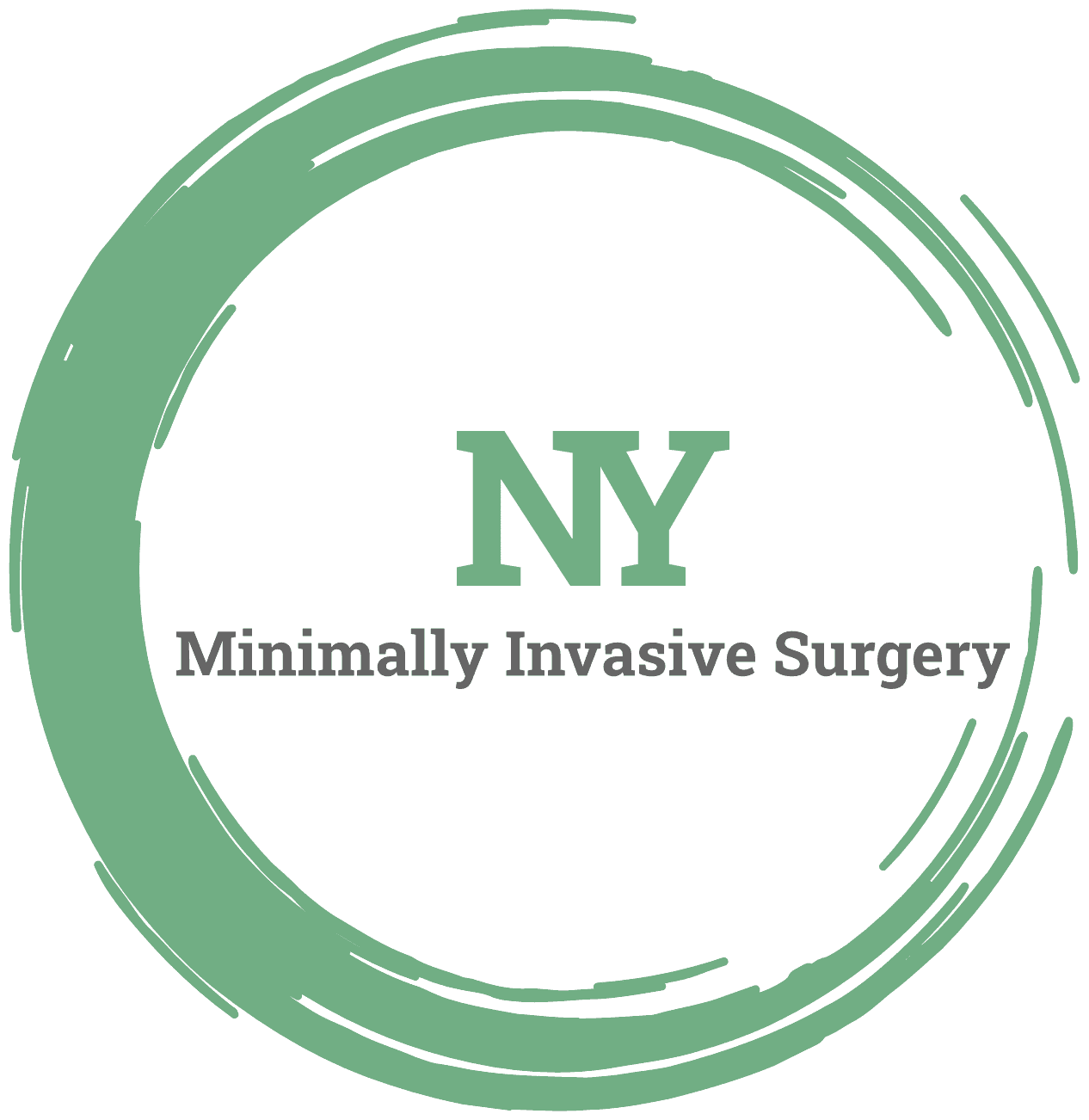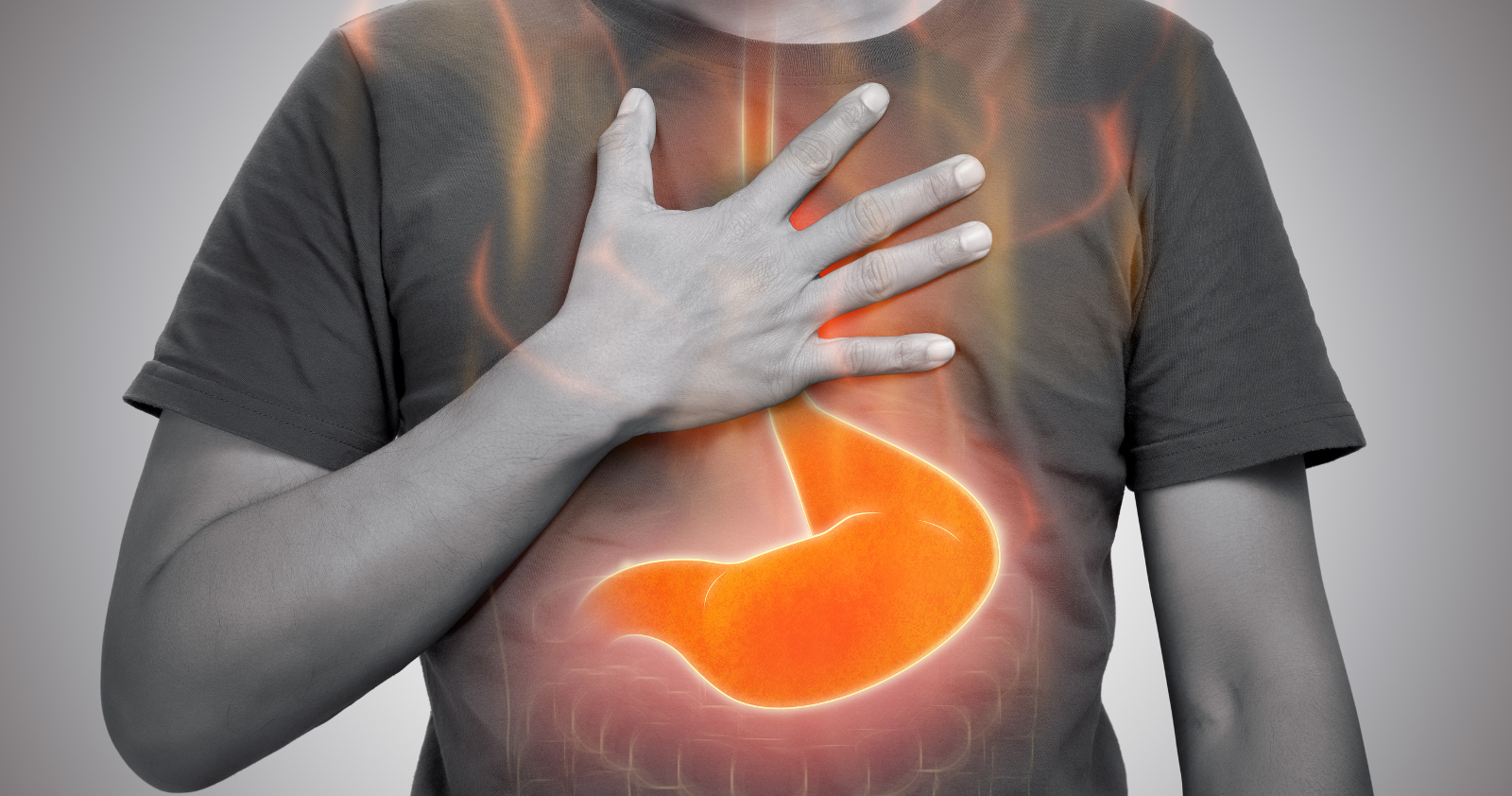Almost everyone has dealt with heartburn or “gas bloat” at some point in their life. Maybe you ate something too spicy, drank too much coffee, or maybe the medications you’re taking are leaving a bitter taste in your mouth. If this is happening consistently, you may be suffering from GERD. LINX surgery is a common cure, but is there weight loss after Linx surgery?
GERD, or Gastroesophageal Reflux Disease, is a condition that affects millions of people worldwide. It can be incredibly frustrating, with symptoms or side effects such as heartburn and discomfort that can disrupt daily life. The LINX reflux management system offers a promising solution in the form of a small, flexible ring of magnetic beads.
When placed around the lower esophageal sphincter (LES), this innovative device helps to strengthen the LES and prevent stomach acid from going back up into the throat. Patients undergoing this reflux surgery have reported greater quality of life with less dependence on medication, making LINX a promising alternative for those seeking relief from GERD symptoms.
Is There Weight Loss After Linx Surgery?
However, LINX surgery is not a weight loss surgery. The primary goal of the LINX procedure is to treat GERD by stopping the backward flow of stomach acid into the esophagus. The device acts as a safety belt, keeping stomach acid in the stomach where it belongs. But it doesn’t limit how much you can eat or change how your body’s metabolism works.
The device is placed around the lower esophageal sphincter (LES), which is the muscle that separates the esophagus from the stomach. The magnetic beads help to strengthen the LES and keep it closed when it should be. This can prevent stomach acid from flowing back up into the esophagus, which can result in painful and frustrating symptoms.
When you swallow food or drink, the magnetic beads temporarily separate and allow passage into the stomach. Once the food or drink has passed, the beads come back together, keeping the LES tightly closed and preventing any acid from escaping. It’s a simple solution that can make a world of difference in your digestive health.
The LINX procedure is a minimally invasive surgery that offers several benefits over traditional open surgeries. By using small incisions, the recovery time for patients undergoing the procedure can be greatly reduced, leading to a faster return to normal activities. Additionally, the lack of extensive scarring associated with the LINX procedure is a major advantage for many individuals.
Unlike some other procedures, the LINX procedure does not alter the anatomy of the stomach. This means that if necessary, the LINX device can be removed, allowing the patient’s natural anatomy to be restored. For some patients, LINX surgery can lead to a reduction in the need for anti-reflux medications, further improving their quality of life.
If you’ve been struggling with GERD symptoms despite attempts to manage them through lifestyle changes and medications, you may be exploring other options for relief. LINX surgery is a procedure that’s gaining popularity as an alternative to long-term use of medication, but it’s not necessarily the right choice for everyone.
Factors such as the severity of your symptoms and the underlying cause of your reflux can play a role in determining whether LINX is the best treatment for your unique situation. To ensure the best possible outcome, it’s important to work with a gastroenterologist or surgeon who can evaluate your case and recommend the most appropriate treatment for you.
Other Options for Weight Loss
Weight loss is a journey that can be challenging for many people, especially those who struggle with obesity. However, there are several surgical procedures available to help those who are struggling to shed pounds. Weight loss surgeries, such as gastric bypass, gastric sleeve, and adjustable gastric banding, have been specifically designed to help individuals with obesity lose weight.
This is done by reducing the size of the stomach or altering the way food is absorbed in the digestive tract. These procedures aim to restrict the amount of food the stomach can hold or reduce the absorption of nutrients from the food. Weight loss surgeries can have positive indirect effects on GERD symptoms in those who experience acid reflux due to excess weight.
While the primary goal of these surgeries is to combat obesity and related health issues, some patients may notice an improvement in their GERD symptoms as a result. However, it’s important to understand that weight loss surgeries are not specifically designed to treat GERD. If you’re considering weight loss surgery as a potential treatment for your GERD, consult with Dr. Kurian or a qualified bariatric surgeon to determine the best course of action for your specific situation.

